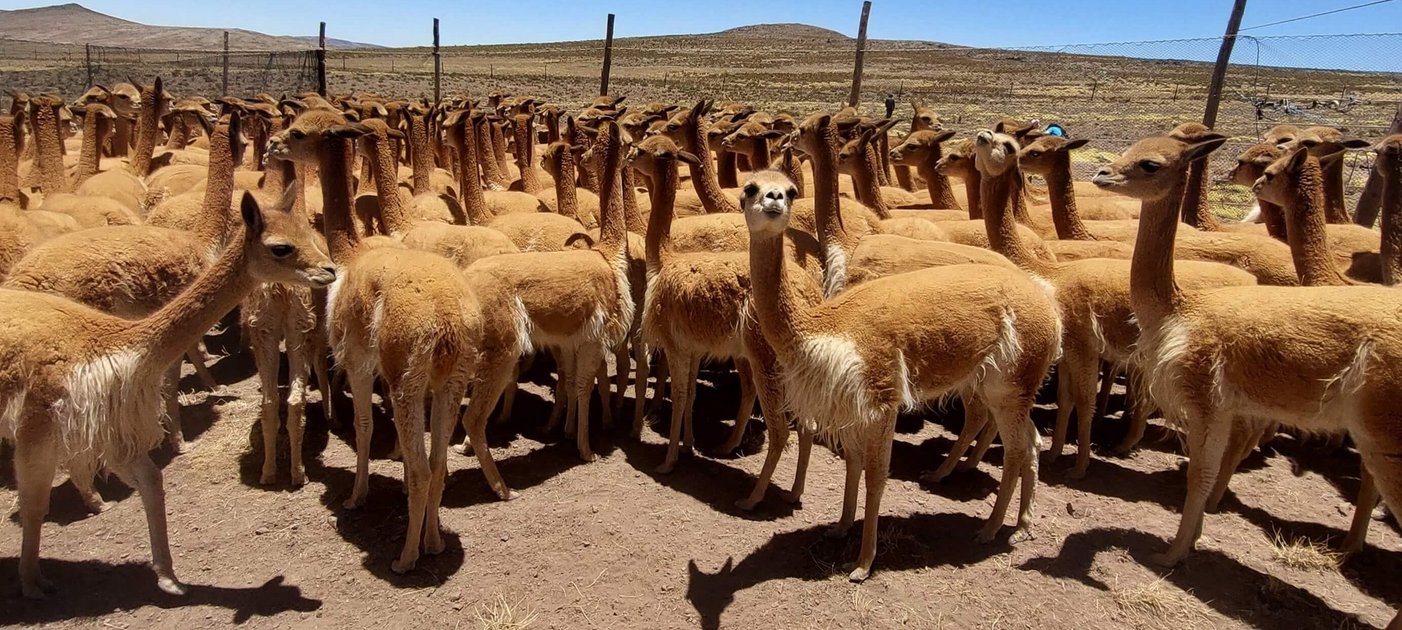Leadership at KLIVV: Steve Smith, PhD
The Ecological Genomics Group conducts this project as part of a cooperation with the WCS within the Shared Earth Grant. The project aims to develop genomic tools for the investigation of population dynamics in sarcoptic mites.
Mange is a global infectious skin disease that threatens the health and well-being of wildlife, livestock, and the people whose livelihood depends on them. Bolivia and Peru have the largest vicuña populations and appear severely impacted by mange. Vicuña are essential components of the Andean food chain and their extirpation would dramatically change the ecosystem. Climate change, habitat loss, pasture competition with livestock, and a lack of transparent regulations about the legal fiber trade all threaten to exacerbate the problem. This project seeks a holistic understanding of and novel control strategies for mange, which will mitigate the risks to public and ecosystem health.
The project is split into three main tasks.
Subtask 1.1
Improved DNA quality and yield from small starting materials for next generation sequencing (NGS) methodologies.
- Testing of custom and commercial DNA extraction and purification kits
- Whole Genome Amplification (WGS) techniques
- Degenerate oligo Priming (DOP)
- Rolling Circle Amplification (RCA)
Subtask 1.2
Full mitochondrial genome sequencing of sarcoptes mites
- Single mitogene studies lack specificity for useful source population identification
- Whole mtDNA sequencing via Oxford nanopore sequencing represents a viable option to attain the resolution needed
Subtask 1.3
Reduced representation sequencing (RRS) for SNP identification and genotyping
- Genotyping for fine-scale population structure analysis and geneflow estimates
- Analysis of source population genetic parameters
Homepage of the Science for Nature and People Partnership Project
Project completion expected June 2023
